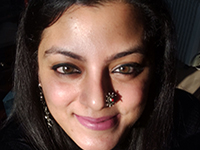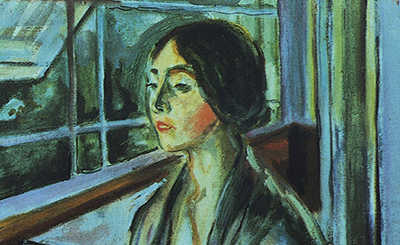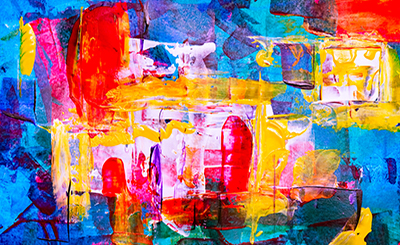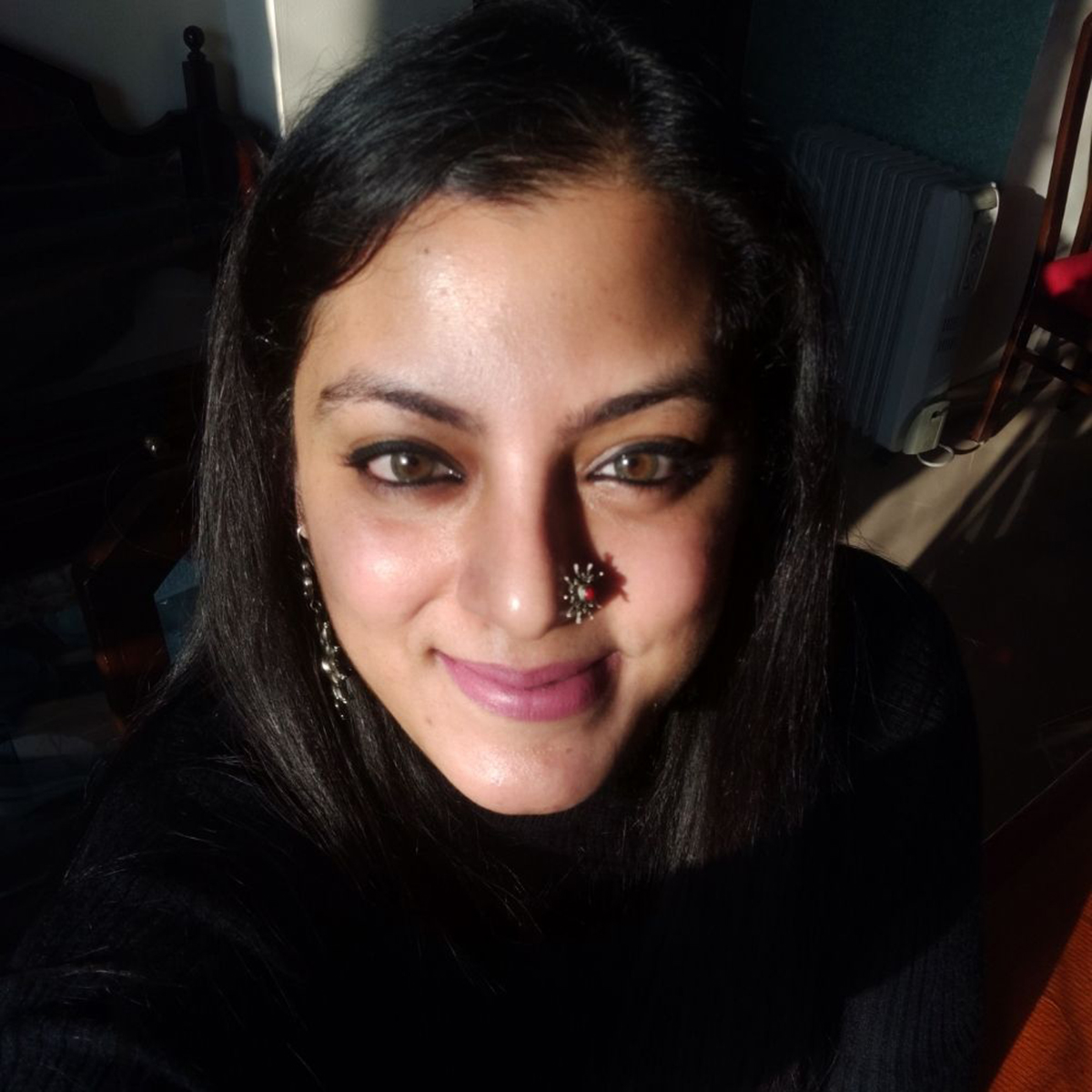
Trisha De niyogi COO & Director, Niyogi Books. Photo: Niyogi Books
T.S. Eliot started one of his iconic poems with the lines “April is the cruellest month…”, but for all of us, the whole of 2021 was the cruelest year. 2020 saw the world go on a standstill, lockdowns and barren streets, the future appeared unsure. As the New Year drew closer people became hopeful again, 2021 would perhaps look better but all hell broke loose with the second wave of the pandemic; the situation in 2021 became worrisome. The publishing industry, like many other industries, did not get any respite from the already drained energy of the previous year.
Looking back, despite all the difficulties and the frustrations, there is a joy in having pulled out of this crisis in the late half of 2021. We hope that 2022 will show signs of normalcy and more. Shakespeare had once made Hamlet exclaim, ‘What a piece of work is man!’ and inspired by the likes of him, I too believe in the indefatigable spirit of man. There are numerous examples in history ranging from the bombing of Hiroshima Nagasaki, to the Black Death and the most horrific, The Holocaust — and look at mankind, the resilience to live is insurmountable.
Hence with an immense belief in the human spirit, I know that the present predicament being over, how much ever time that takes, the publishing sector and other commercial enterprises will soon bounce back. Wonderful books will be written, published, read and circulated as usual. It may take time, but as long as there are people, literature surely won’t die. Man’s hunger for books is not going away because of coronavirus.
Having said that, since this is a year-end edition, I would like to focus on some of the important observations in the Indian publishing landscape. Diversity and inclusivity-oriented publishing, which includes a range of subaltern voices and stigmatized topics, has seen a rise in 2020/21. Women voices are being ventilated now more than ever before, bringing forth their narratives as we can see in The Punch Magazine Anthology of New Writing: Select Short Stories by Women Writers, comprising 18 short stories written by women all across the globe. In works like Indira Goswami’s Five Novellas about Women and The Illuminated by Anindita Ghose, though widely different in the treatment of their content and subject, seem to create a space for talking about woman’s identity and what it means to be a woman in India.
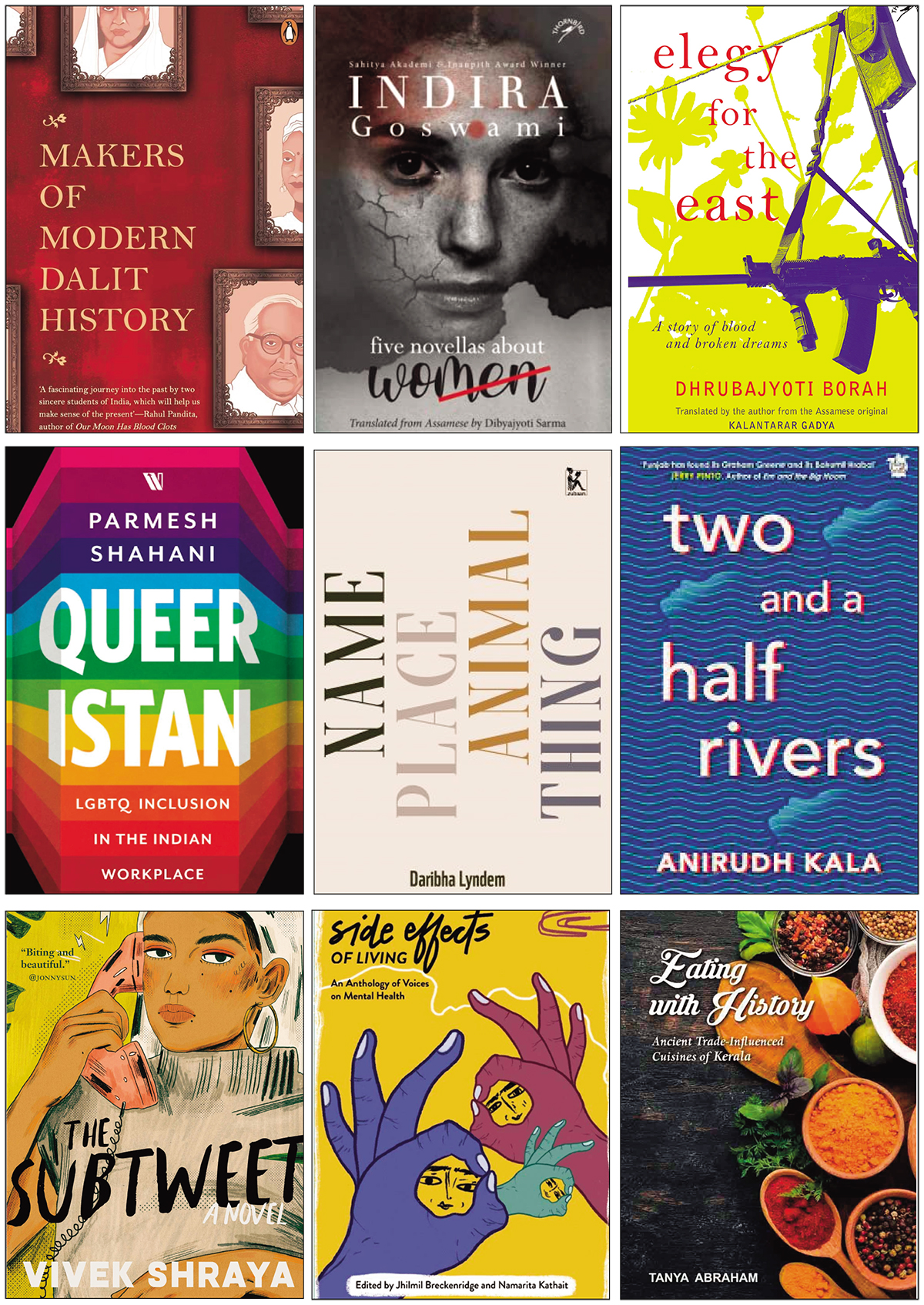
The pandemic brought to limelight the issue of mental health and much deserved attention was directed to mental problems in works like Side Effects of Living: An Anthology of Voices on Mental Health by Jhilmil Breckenridge and Namarita Kathait, an honest work that illustrates the struggle of those suffering from a mental condition. Anirudh Kala, a psychiatrist by profession, has written a poignant work titled Two and a Half Rivers that talks about the depression and violence set against the backdrop of terrorism and drug abuse in Punjab, two most current topics of discussion in literary circles.
Literature from the North East has long been ignored but it is heartwarming to see that publishers are recognizing the importance of writings from the North East. With Name Place Animal Thing by Daribha Lyndem being nominated for the JCB Prize, one can see the tide changing in favour of North Eastern writers. There is also a number of writers like Dhrubajyoti Borah, who in his work Elegy for the East: A Story of Blood and Broken Dreams, talks about the psychological trauma of everyday experience of living under the terror of the insurgent movements in Assam.
While talking about inclusivity, I must also mention that publishers are consciously publishing Dalit and LGBTQ Literature. Makers of Modern Dalit History: Profiles by Sudarshan Ramabadran and Guru Prakash Paswan, is of one of the most comprehensive works published recently on the social reformers and activists who worked tirelessly for the Dalit cause. The LGBTQ community also saw some representation in works like Queeristan: LGBTQ Inclusion in the Indian Workplace by Parmesh Shahani and The Subtweet: A Novel by Vivek Shraya in 2020. Both Dalit and LGBTQ texts saw more publications in 2020 and continued to do well in 2021. Hopefully, this trend will continue in 2022 also.
The pandemic encouraged independent publishing houses like ours to adopt and utilize the digital medium at large. With social media becoming a center point for driving readership, the digital medium made it easier for publishers to increase the visibility of mid list and back list books. During the second wave and the consequent lockdown in April 2021, we did a 20-day campaign to promote Indian Literature in translation. We made eBook translations of our back list and mid list translations available free of cost for 20 days. This campaign received a positive response and a lot of readers discovered new translations of works that they were unaware of.
Furthermore, we saw a shift in the way we allocated our visibility funds. Previously, we funneled a significant portion of our marketing budget for on ground activities which has now seen a change. Now, we have come to realize that digital integration in terms of social media marketing and search engine optimization play a key role in making marketing decisions now. We have also noticed that independent booksellers, much like independent publishing houses, have either perished or come out stronger after the lockdown and the distinguishing factor is the ability to adapt, change and ride the tides of time.
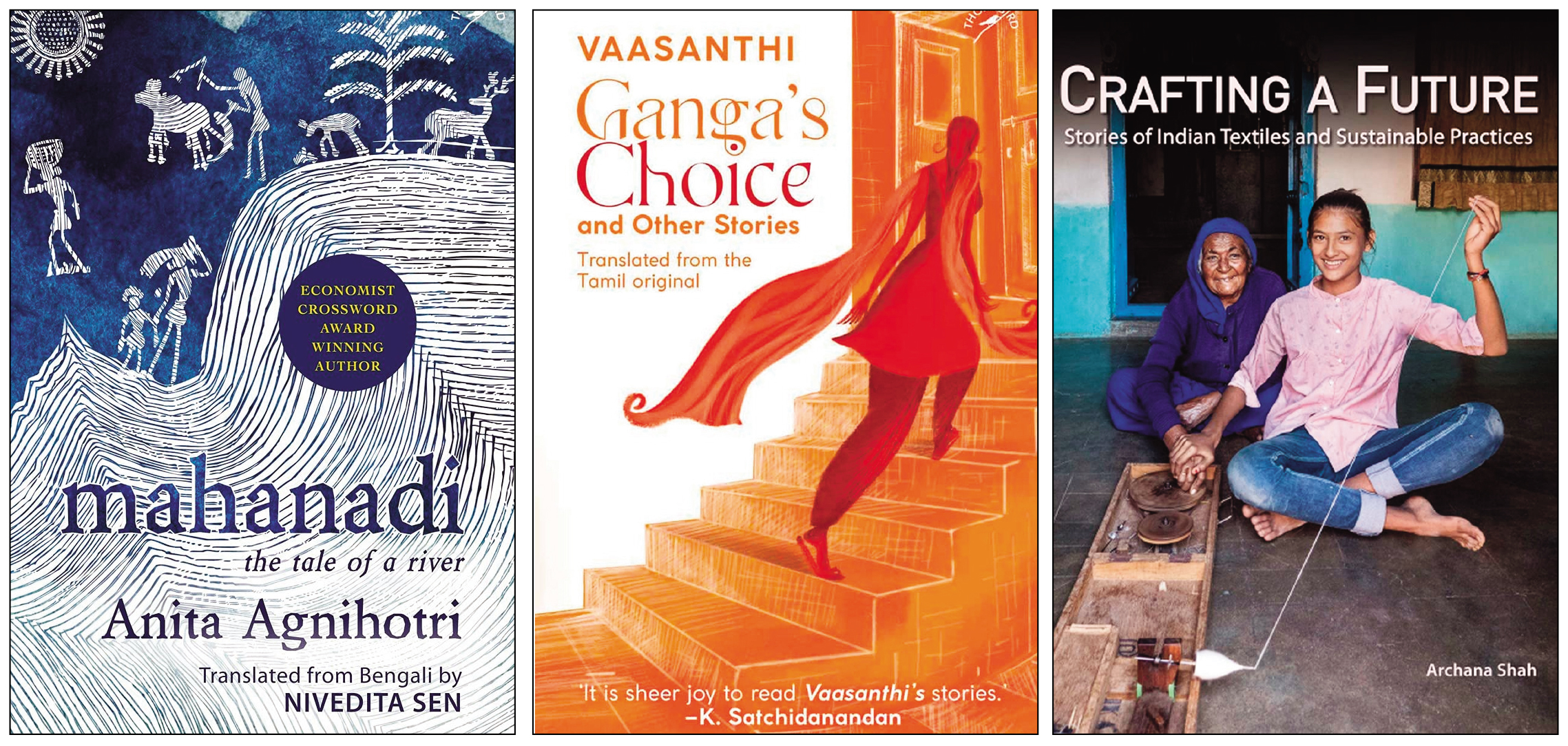
Now coming to the longstanding question of whether eBooks and audiobooks will obliterate physical books, I feel that they are complementary to each other; it is now important to have eBook for non-illustrated books. We have also seen an increase in the number of publishers who have started publishing just eBooks for certain titles. Audiobooks are just taking off but it seems to be promising, just like podcasts. Podcasts and Audiobooks are predicted to grab a larger part of the market in the coming years because of it being much more convenient and hassle free. Podcasts are seen as a great way to stay up to date and also indulge in our creative interests while on the go. Some of the websites that exclusively focus on eBooks and audiobooks — like Scribd, Storytel and others — saw a lot of activity during the pandemic.
Talking about genres that gained prominence in 2021, I think political books, civilizational history, spiritual studies, biographies and books focusing on the environment were quite popular and in my opinion will continue to remain popular in 2022. Food-related books like Eating With History: Ancient Trade-Influenced Cuisines of Kerala by Tanya Abraham and Sonal Ved’s Whose Samosa is it Anyway?: The Story of Where 'Indian' Food Really Came From, also received considerable appreciation. More than recipes, food books which provide history or stories about what’s on our plate have done significantly well. Indian Literature in translation have also seen a boom and we, too, have published some great works in translation like Mahanadi: A Tale of a River by Anita Agnihotri and Ganga’s Choice and Other Stories by Vaasanthi. In 2022, we would hopefully see translations even from languages not included in the 8th schedule. I also feel that science fiction and cli-fi, climate fiction will see a growth the coming days. With the first ever Green Literature Fest held in December 2021, literature focusing on environmental issues and sustainability has gained greater significance than ever before. Crafting a Future: Stories of Indian Textiles and Sustainable Practices by Archana Shah talks about sustainable practices while drawing for the reader the richness of Indian Handloom sector.
I sincerely believe that books are never published in a vacuum. In 2020-21, we saw all the stakeholders of publishing — publishers, authors, translators, editors, librarians, literary agents, booksellers, distributors, festival directors, reviewers, bloggers, as well as readers come together to make a difference. The future seems promising indeed.
This piece was part of our yearend publishing issue
Comments
*Comments will be moderated



